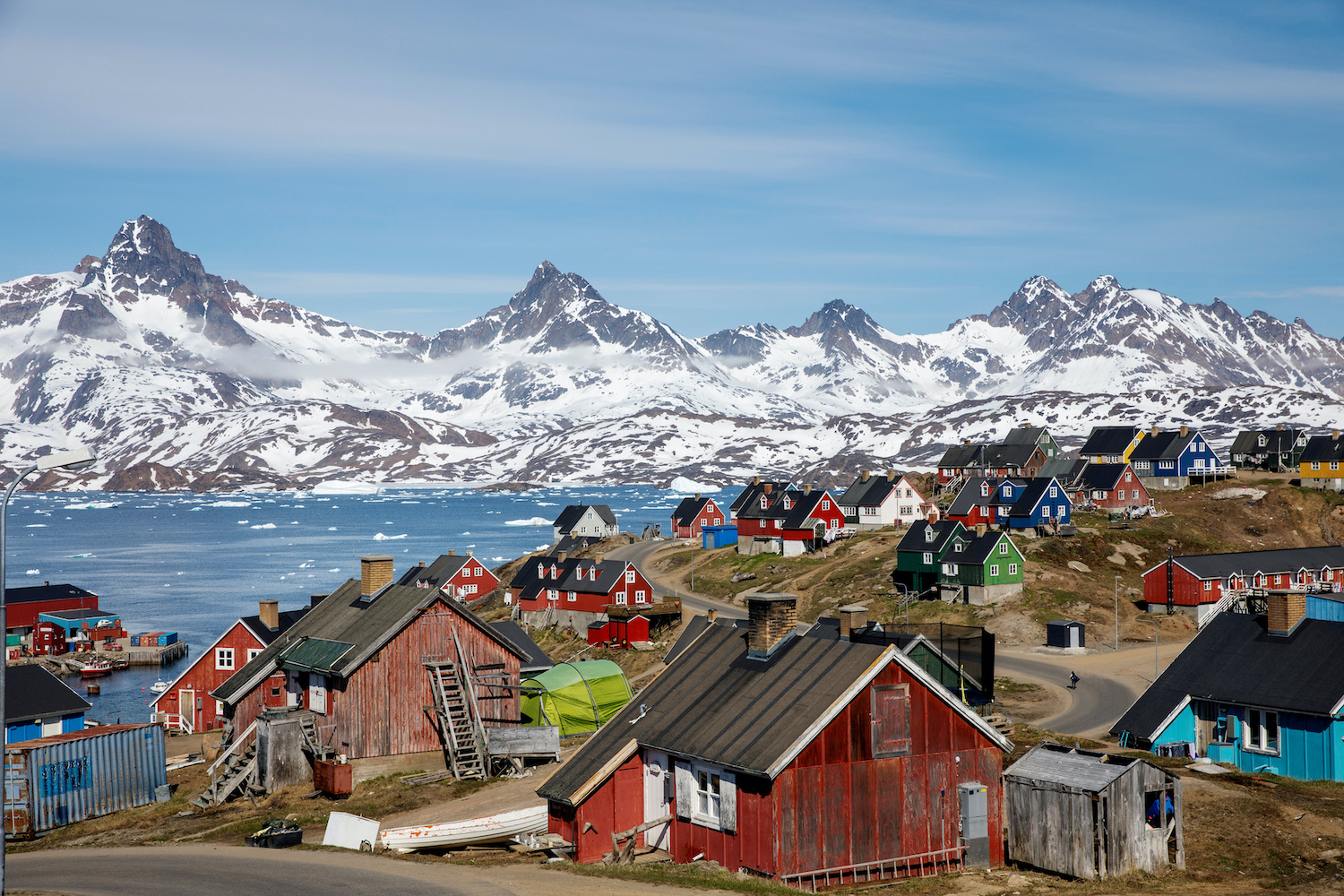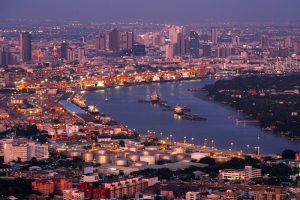(ATF) China is unlikely to change its view of Greenland as a land of opportunity, despite the islanders choosing a new government opposed to further rare earths exploitation.
A left-wing environmentalist party won this week’s election ahead the social democratic party that has dominated politics in the Danish territory since it gained autonomy in 1979.
The dividing line between the two parties was whether to authorise a controversial giant rare earth and uranium mining project at Kuannersuit, which is currently the subject of public hearings.
Read more: EVs to compete with petrol cars by 2030, says battery maker
Exploitation of the deposits was hoped to lift the island’s economy and also boost the rare earths market, which is dominated by China.
But despite the change in power at the top in Greenland, China still harbours ambitions to help develop its rich rare earths deposits.
According to Chinese media, the island’s economic development is very poor, even though it has the world’s second largest rare earth mine. Almost 90% of its income comes from fisheries.
Chinese commentators argued this week that if Greenland wants to achieve economic development, it will inevitably need to use rare earths in exchange for it.
PROPERTY PURCHASED
China has already invested in a large tracts of property in Greenland. In 2016, China’s leading rare earth company, Shenghe Resources, purchased 12.5% of the shares of Greenland Mineral Energy Co Ltd.
The company owns all the rights and interests to the Kvanefjeld deposit and, if that can be mined, Chinese companies will be able to extract the rare earth minerals and process them. Analysts estimate mining there could earn Greenland 200 million euros ($238 million US dollars or 1.55 billion yuan) in fiscal revenue each year.
It is understood that several other Chinese enterprises have already carried out surveys of rare earth minerals in Greenland.
























